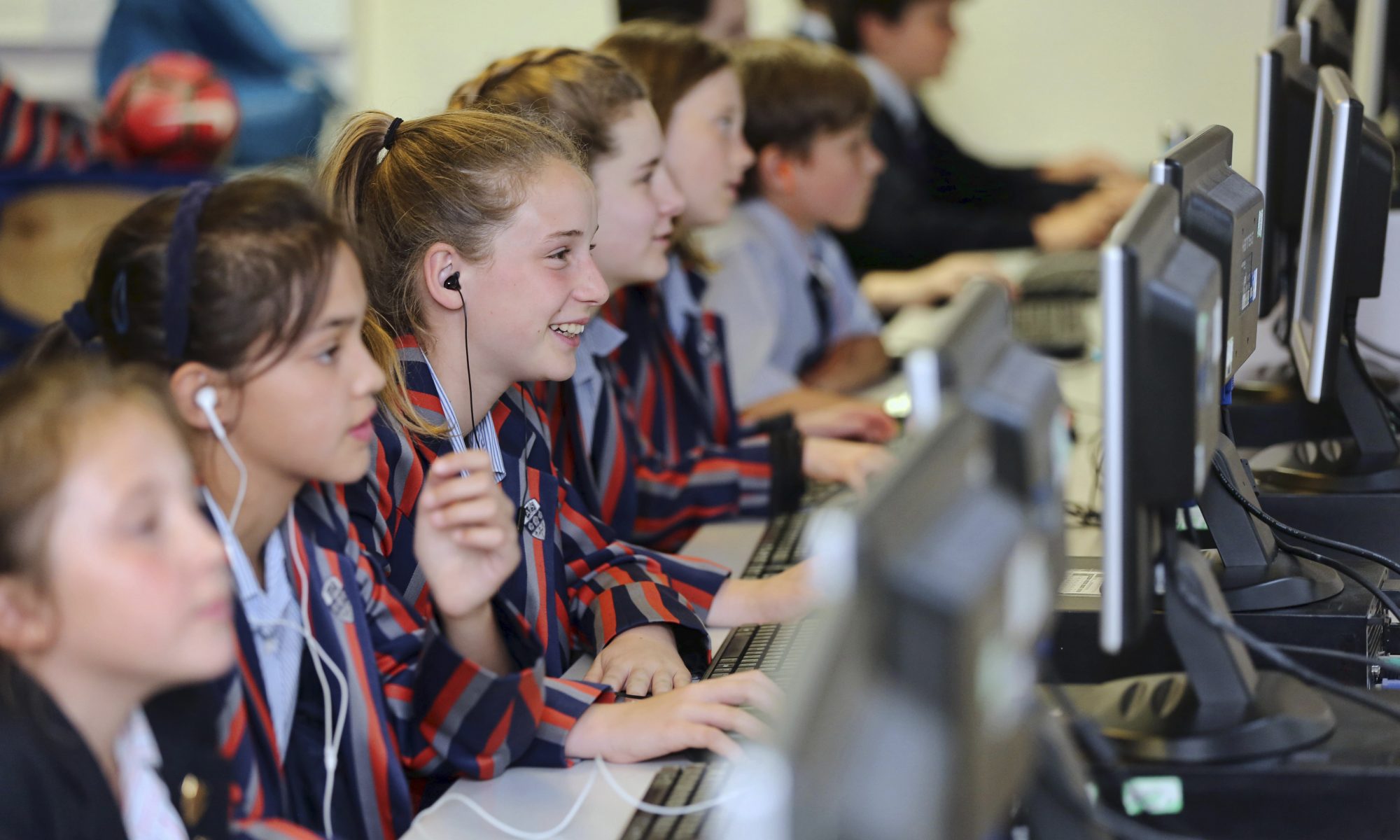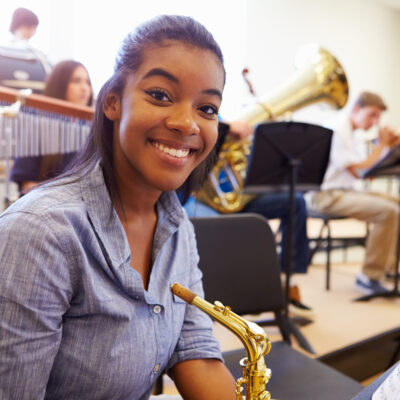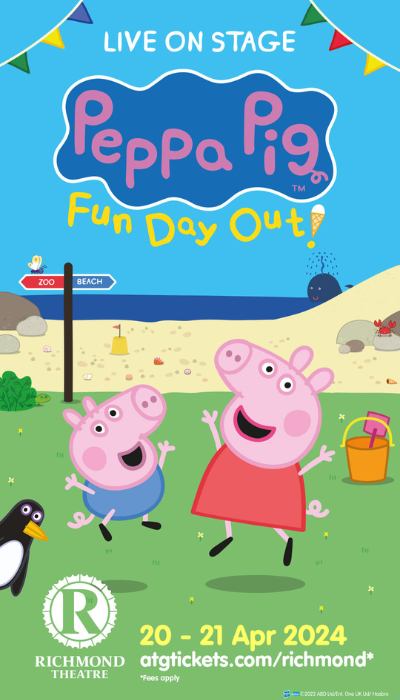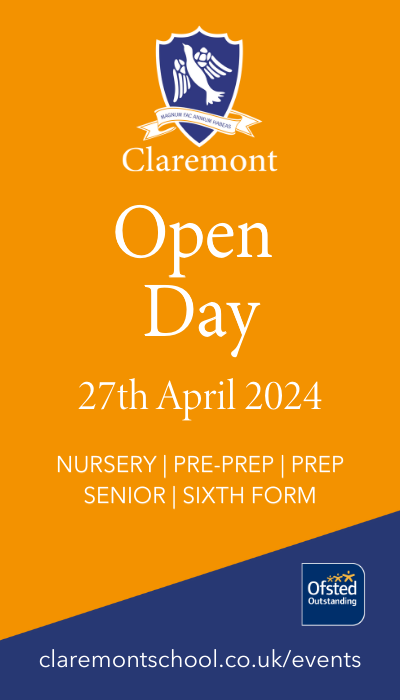Being confident in another language – or two – will bring your
child multiple benefits. Two schools talk us through it.
Northbourne Park School
The learning of languages in school can bring a mixed reaction from many people. For some it was a great success while others feel they never quite got to grips with it. We all however will agree just how useful, important and fun it is to be able to speak a second language. The benefits are numerous. To be able to stand in a foreign city and ask for directions is a simple but quite empowering achievement while making friends with someone in another language is invaluable. So how do we make language learning a success?
At Northbourne Park School we place great emphasis on languages. Children start French lessons in the Nursery class and before long they are singing French songs in their Harvest Festival and Mother’s Day Service. Language is given to them as a natural part of the school day and at this age the children pick up the new words with ease.
“Making mistakes is key to making progress’
By starting at a young age it creates an environment within the school where it is the norm to speak someone else’s language. As the children move up through the school they also take up Spanish so that by the time they leave Northbourne Park they have developed the confidence to have a go without feeling silly.
Making mistakes is key to making progress and as soon as the children understand this essential part to their learning, they quickly make progress.
The lessons, delivered by specialist teachers, are engaging and interactive, drawing upon a wide range of material including interactive software to reinforce new language points.
Combine this with a community of children from Spain and France who board at the school and you have an environment where friendships are forged in not one but three languages. It is not uncommon to hear two children in the corridors of the school using all three languages in a conversation.
Every year the school celebrates European Day of Languages where the children share language, culture and international cuisine. The older pupils also enjoy language lunches every week where they eat with a ‘buddy’ from another country, taking it in turns to speak each other’s language. As for the annual Spelling Bee, well of course it isn’t just in English!
All of these activities, coupled with language lessons, are a reminder to the whole school community that there is a big world out there ready to be explored and people to meet.
So what does this give the children? Naturally there’s that sense of achievement and confidence boost to be able to communicate in a different language and research shows that speaking more than one language increases brain capacity and memory skills. It becomes easier the more languages you learn, as you develop your own best ways of learning and remembering.
So in a world where political, economic and cultural boundaries are shifting, the children at Northbourne Park School have already reached beyond these boundaries and are embracing everything that this world has to offer.
Come and visit us to find out more. À bientôt.
Northbourne Park School, Betteshanger, Deal, Kent CT14 0NW
01304 611 215/218 northbournepark.com
Ashford School
Paola Sagastuy, Head of Languages, Senior School
When people find out that I teach languages, invariably, their response goes something like this: “Oh, I’m rubbish at languages. I did Spanish for my GCSEs, but I can only say, ‘Hola, me llamo John y tengo quince años.’” [Hello, my name is John and I’m fifteen years old.]
This, regardless of how old my interlocutor actually is, points to memorised phrases and expressions, but no actual development of proficiency in the language. It also reveals that the main objective of this so-called language learning is to pass an exam and move on.
Substitute ‘languages’ in the above expression for better-regarded subjects and you would have something like: “Oh, I’m rubbish at English. I did English for my GCSEs, but the only thing I can spell is my name.” Or: “Oh I’m rubbish at maths. I did maths for my GCSEs, but I can only count up to 10.”
And of course, in parents’ evening, the ever-present, “I can’t do languages, so I expect my daughter won’t do very well either.”
Somewhere along the line, it became acceptable to give up on learning languages – and this is completely unacceptable! Asking myself why this happened, I have come up with two main reasons: One, while the standard British person does come across other languages in everyday life, it is seldom, if ever, necessary to deviate from English when attempting to communicate. This is true even abroad.
Babbel Magazine claims that 20% of the 7.5 billion people in the world speak English… that is 1.5 billion people. The perception is that “everyone speaks English”, so there is no need to learn a different language.
This would be partially true if the only purpose of learning languages were communicating while on holiday. But the benefits of learning languages are far greater than that.
“People who speak two or more languages are better at attention and task switching”
There is evidence that shows that there are significant cognitive advantages to being bilingual. People who speak two or more languages are better at attention and task switching. It also allows people to have stronger cultural awareness of themselves and others, which improves social relations between people, but also in business.
The second reason people give up on the idea of learning a language is that there is no magic recipe to learn one fast. Learning languages is a process that never truly ends. It’s one of those subjects that you have to work at a little every day, take every opportunity to practise, and make many mistakes. And you will continue to make mistakes — fewer as you progress, naturally, but you will always make mistakes.
Unfortunately, mistakes have a bad rap, but in the learning process — not only of languages — making them is essential. It is in mistakes that true learning takes place.
The philosopher Ludwig Wittgenstein said “the limits of my language mean the limits of my world”. And don’t we all want to have a wider and more interesting world?
Ashford School, East Hill, Ashford, Kent TN24 8PB
01233 625171 ashfordschool.co.uk
Ashford School is holding open days on 11 October, 6 and 21 November and 3 December 2018
TEST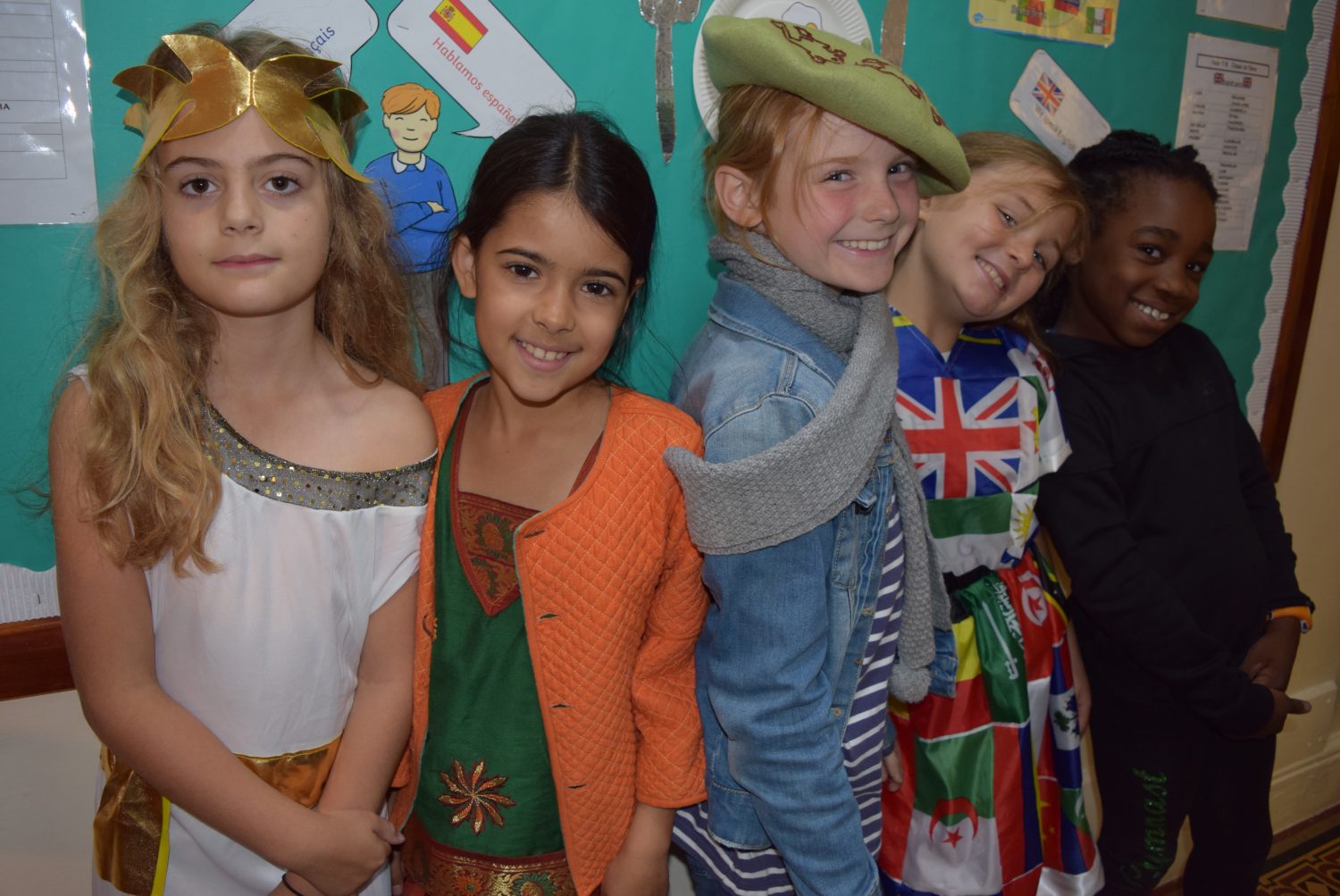
Language lessons are engaging and interactive
TEST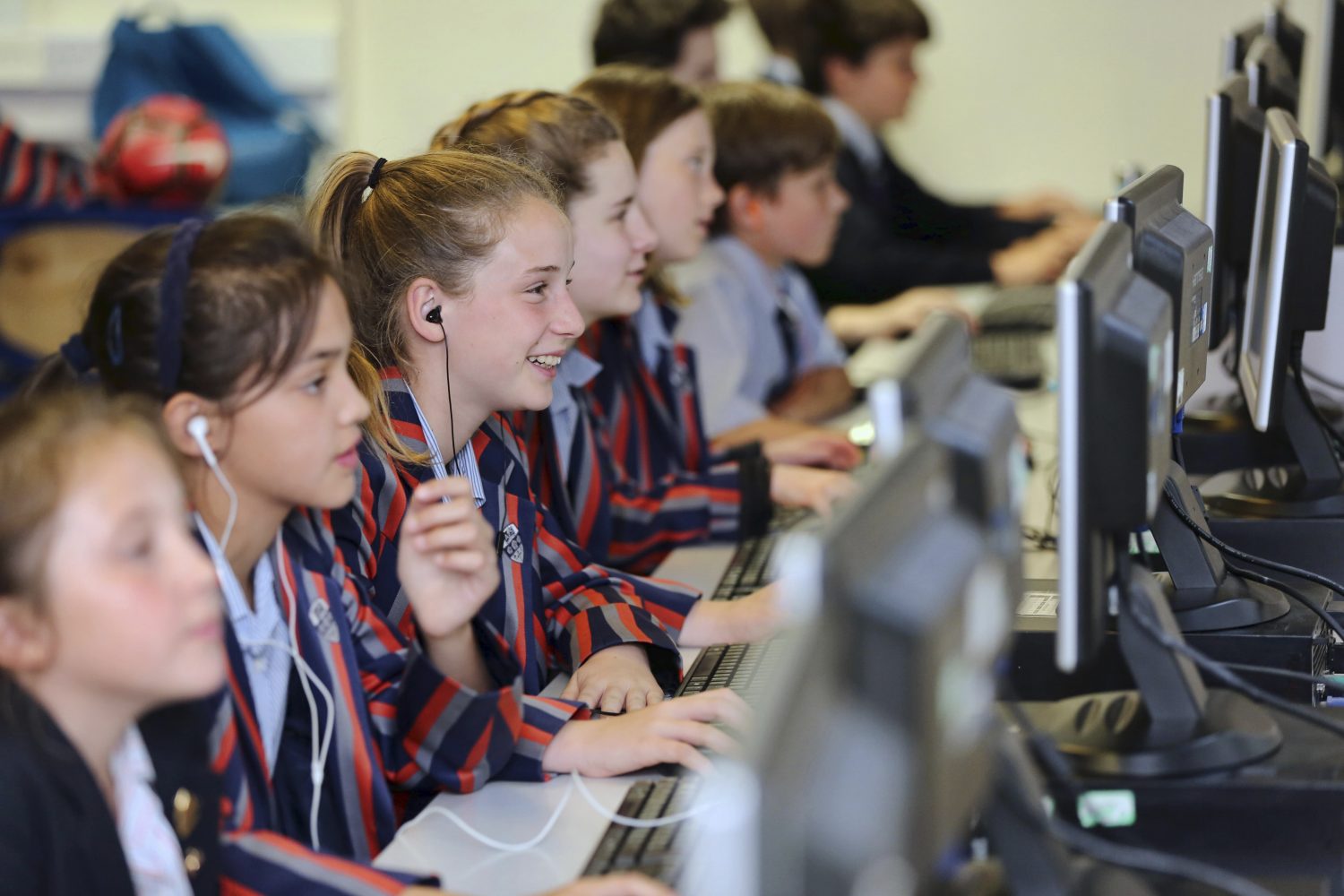
Learning languages expands our world
You may also like
Perfect Pitch
Mike Piercy, education consultant and former Head of The New Beacon, sings the praises of music in education What exactly is it that drives parents to make huge sacrifices by sending their children to independent schools? Different families have different...
‘It’s not fair!’
Mike Piercy, education consultant and former Head of The New Beacon, explains the importance of winning and losing with good grace The beefy second row lay prone, groaning, as the pack lumbered away. “Get up, Darling!” I cried. Opposition spectators...
Performance Power
Eastbourne College and Bede’s School discuss opportunities which give their students time to shine Director of Music at Eastbourne College, Dan Jordan, sings the praises of music at the school. It is 6.30pm, the night before a well-needed half-term holiday....
